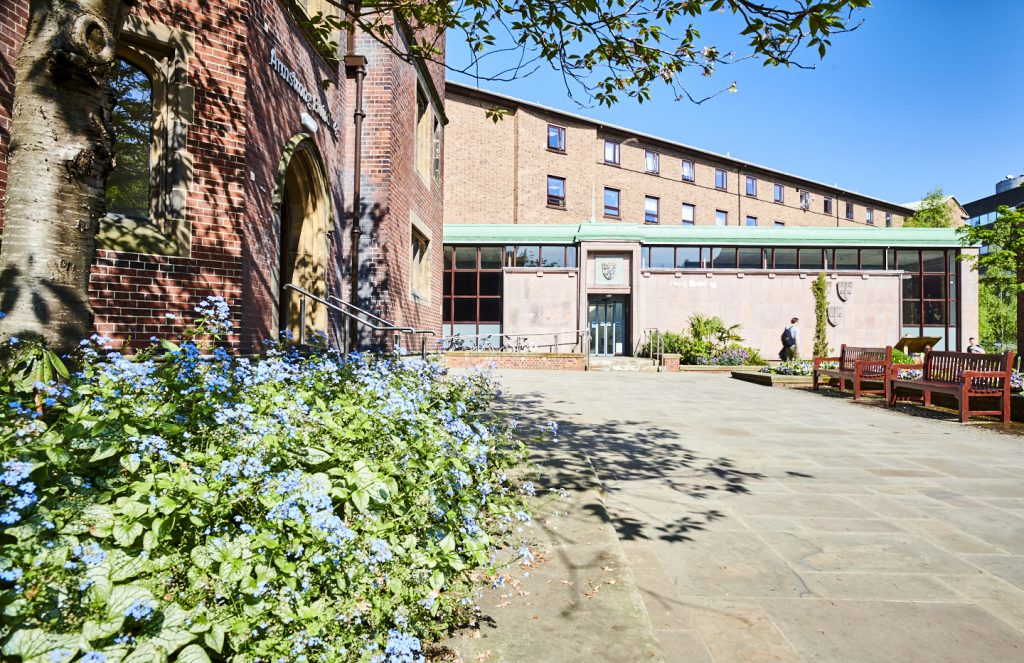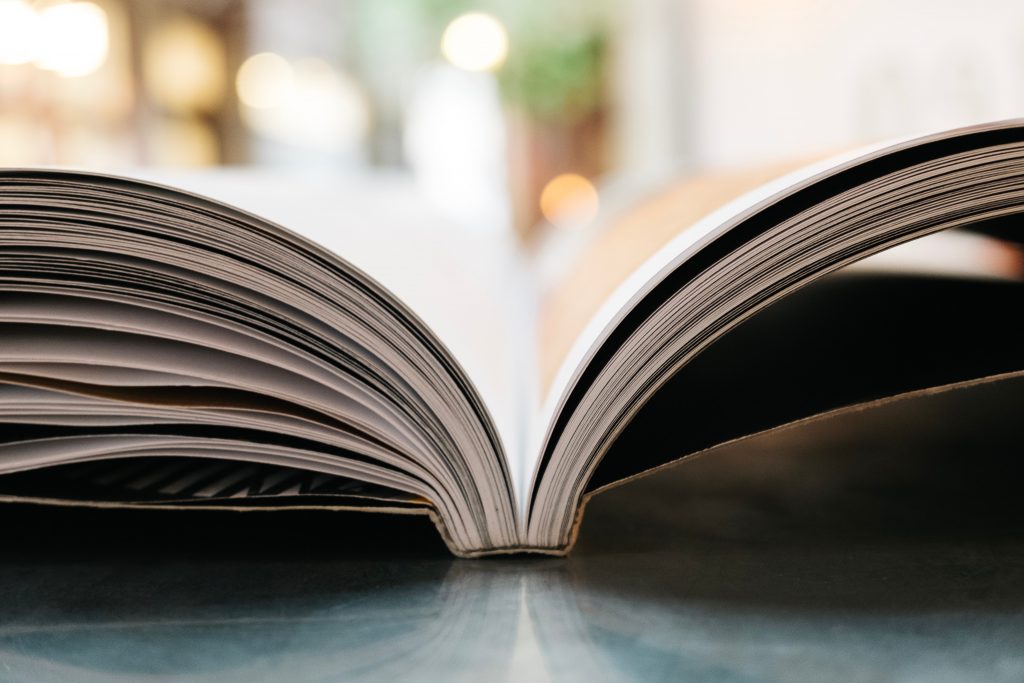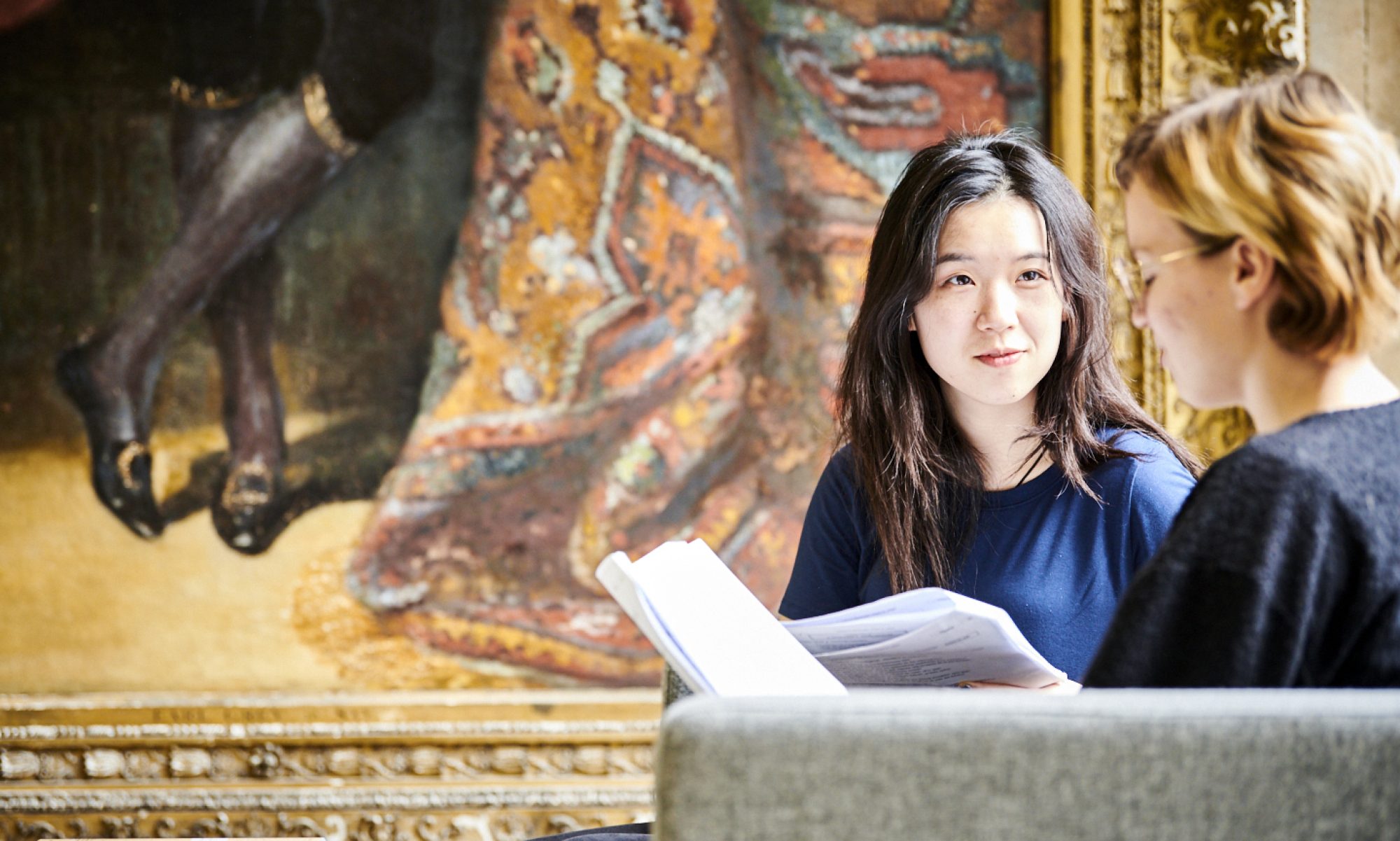Hello Everyone,
Congratulations once again your offer of a place to study at Newcastle University! Following the UK government announcement regarding 2020 Exam results on Monday 17 August, we wanted to reassure you that your offer still stands and we are looking forward to welcoming you to the School of English Literature, Language and Linguistics in September. If you do want to find out more about the University’s approach please read our statement and our offer holder FAQs.

Your Induction
Our flexible and enhanced University Induction programme for new students will provide you with a warm welcome and introduction to Newcastle University and Newcastle University Students’ Union (NUSU).
From Monday 28 September you’ll be able to access our Induction programme on Canvas – our Virtual Learning Environment. All information and activity will be offered online and we’ll send you full instructions on how to access Canvas the week before term starts. Some activities may include on-campus opportunities, but these will be dependent on physical distancing requirements at the time and will follow Covid-19 safety guidelines.
You’ll also receive school-specific induction information in the near future, designed to introduce you to the School of English Literature, Language and Linguistics and your degree programme. This will include everything you need to know before starting, including selecting optional modules, accessing your timetable and reading lists.
Frequently asked questions and COVID-19
We’re regularly updating both our COVID-19 FAQs and our Student Experience 2020 guide with all the latest information you need about starting your course as the Covid-19 situation continues.
Pre-arrival activities
We have two activities for you. First, one that spans Language and Literature:
Did you know that Newcastle University is one of only two universities in the UK where undergraduates can take a dedicated course on language evolution (the study of how humans came to have the most complex, expressive communication system in the known universe)? This course won’t be on your radar until a few years into your degree, but the questions surrounding language evolution will come up in your earlier modules, from Language Structure to Multilingualism.
If this subject sounds interesting, check out this workshop on language evolution for budding authors in science fiction – it’s part of a short story competition and you can sign up for free! This will allow you to learn a bit about language evolution and maybe dabble in some creative writing in the process. The workshop is run by Christine’s collaborator Dr Séan Roberts (Anthropology, Cardiff) and Dr Catriona Silvey, who currently researches language evolution at UCL, and will debut her first novel next year.

And, second, a more literary set of tasks:
In the second semester at Newcastle University, we will be teaching a module called Introduction to Literary Studies 2. A key question on this module is: how can we meaningfully engage with texts which seem culturally and aesthetically distant from our own context? To start your thinking about this question, here are three things we would like you to take a look at:
1. Geraldine Heng’s The Invention of Race in the European Middle Ages (2018) is a recent and important text which questions the common assumption that concepts of race and racism only began in the modern era. To find about more about this important argument, do read this exhibition by Heng.
2. For an excellent demonstration of how two twentieth-century writers (J.R.R. Tolkein and Toni Morrison) approached the issue of race in Beowulf (one of the texts we’ll study together), read this short article by Dorothy Kim (2019).
3. For a great introduction to the topic of studying Shakespeare and race, listen to this podcast from the Globe Theatre with Farah Karim Cooper, Ayanna Thompson and Noémie Ndiaye. In this podcast they focus on one of the texts we will be studying together (Titus Andronicus).
We would love to hear what you thought about any of the material we’ve shared with you here. You can in touch with us about these matters, or anything else, through email or on social media. You can also find even more tips and resources on our Twitter page, or by searching the hashtag #NCLReady.
Best wishes,
James Harriman-Smith and Christine Cuskley
School of English Literature, Language and Linguistics

